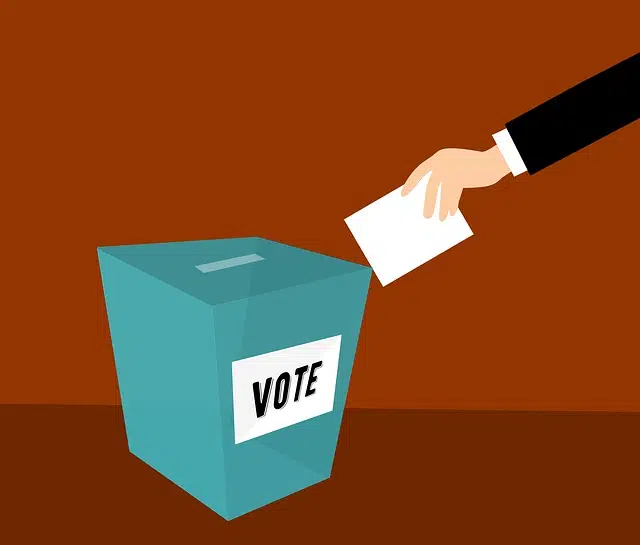
The popular vote allows citizens to participate in political decision-making.
The etymology of the term vote takes us to votum , a word that belongs to the Latin language. Voting is the statement made by an individual about his or her preference for a certain alternative. The concept is also used to name the element that allows the expression of the preference in question.
Popular , for its part, is that linked to the people . Typically, this adjective is used to describe what is available to all people , including those who are part of the lowest strata of society due to lack of economic resources, education, etc.
What is the popular vote
With these ideas clear, we can advance in the definition of popular vote . This expression is used to name the mechanism that allows citizen participation in political decision-making . The inhabitants of a region, through their vote in elections, have the possibility of electing their representatives : that is, the subjects who will form part of the government and who will administer the State in accordance with what is established by law.
The popular vote alludes to the scope of this possibility of participation. In ancient times, it was common for only people who had certain assets or who had a certain level of education to vote. In these cases, the vote was restricted or census-based . On the other hand, when a large sector of the population can vote (for example, women and men over 18 years of age, regardless of their education and economic situation), it is a popular vote election.

Due to the particularities of the American electoral system , Donald Trump was president despite not having won according to the popular vote.
The elections in the United States
In recent years, the term popular vote has come under more scrutiny than ever due to former US President Donald Trump. Specifically, he has not hesitated to affirm, without presenting any evidence, that if he did not win popular votes when he was elected, it was because many undocumented people voted for Hillary Clinton. Thus, he has stated that he estimates that between 3 and 5 million individuals voted illegally for the other candidate.
And we cannot forget that in the United States there is a peculiar system of electing the president based on the following pillars:
-Citizens are in charge of carrying out popular votes.
-The winner of those aforementioned votes in a specific state is named, as a general rule, the absolute winner by the electors of the territory in question.
-And then there is what is known as the Electoral College, which is made up of a total of 583 electors, which is the number that corresponds to the legislators that Congress has: 435 in the House of Representatives, 100 in the Senate and three for Columbia.
-Hence, from all of the above, it is established that for a candidate to be named the winner of the elections and, therefore, to be proclaimed President of the United States, he must obtain at least the votes of 270 electors.
This system does not convince many, since there have been cases of candidates who have won what are popular votes, but who later have not reached the White House because their rivals win in voters' votes.
